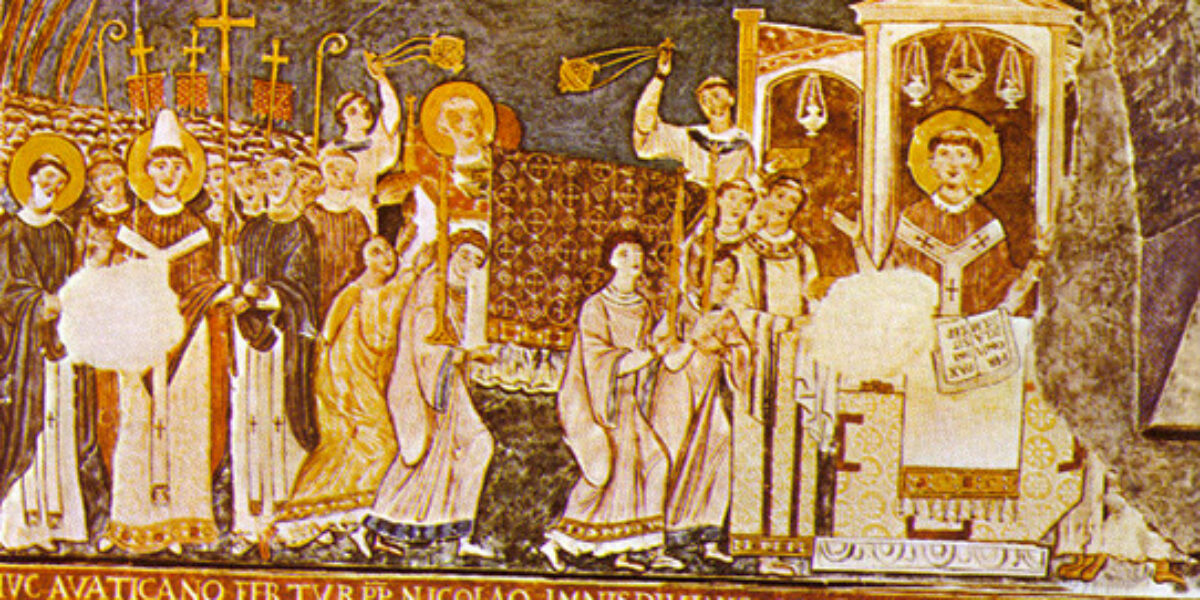He was an early church father and a contemporary of the apostle John. But what did Clement do and why is he important? Find out now.
Clement of Rome is one of the earliest apostolic fathers of the Church. He lived during the time immediately after the apostles of the New Testament and was actually a contemporary of the apostle John. The identity of Clement is a matter of some speculation. Some ancient Christian writers like Origen, Eusebius and Jerome identified him with the Clement whom Paul mentions as his fellow worker in Philippians 4:3.
Clement of Rome, according to this tradition, was with Paul when Paul founded the church at Philippi. Others have identified him with a certain Titus Flavius Clemens who was a Roman consul condemned to death in 95 A.D. by his relative, the Emperor Domitian. We can say with relative certainty only that he was a bishop of Rome who served his parish around 88-97 A.D. During this period there were, more than likely, a number of bishops in Rome since there was more than one congregation in the city by this time. Clement, no doubt, was a leader among the bishops of Rome, and most ancient Christian writers trace the authority of his episcopal office directly to Peter.
Others mention Eusebius as Peter’s successor, making Clement third in the line of Roman succession. Clement is best known for the letter, ascribed to him, written from the church in Rome to the church in Corinth, known as 1 Clement. There is a second letter attributed to Clement, which was most likely written by someone else and has more the style of a homily than a letter. 1 Clement was a letter written to the divided church in Corinth—a congregation that had problems with unity even at the time of St. Paul.
Like many modern congregations, the demographics of the churchgoers in Corinth were changing as the newer and younger members were looking to see how they might gain a voice in a congregation that was approaching its 50th anniversary.
The letter counsels the group on how to become unified and how to strengthen that unity once established. Clement rehearses the history of some of the main characters of the Old Testament Biblical narrative that provided examples of obedience, hospitality and humility.
These are the kinds of traits Clement believed congregations and their members should emulate. In order for his argument to be heard by the somewhat rebellious congregation in Corinth, Clement claimed authority based on what is known as Apostolic Succession.
As the apostles got older they would need others to take over the authority they had occupied in the church, and this authority, in turn, would be passed down to the next generation. Since the state of the canonical New Testament Scriptures was still in flux, Clement appealed to his direct connection with the apostles themselves. He finds the basis of his authority not in the congregation where he served, but in his connection with the apostles and their teaching.
These apostles, in turn, had their authority from Christ (see Acts 19, Matthew 16, 18, 28 and John 20). Bishops such as Clement could be trusted because the source for their teaching was the apostolic teaching given to the apostles by Christ himself.




